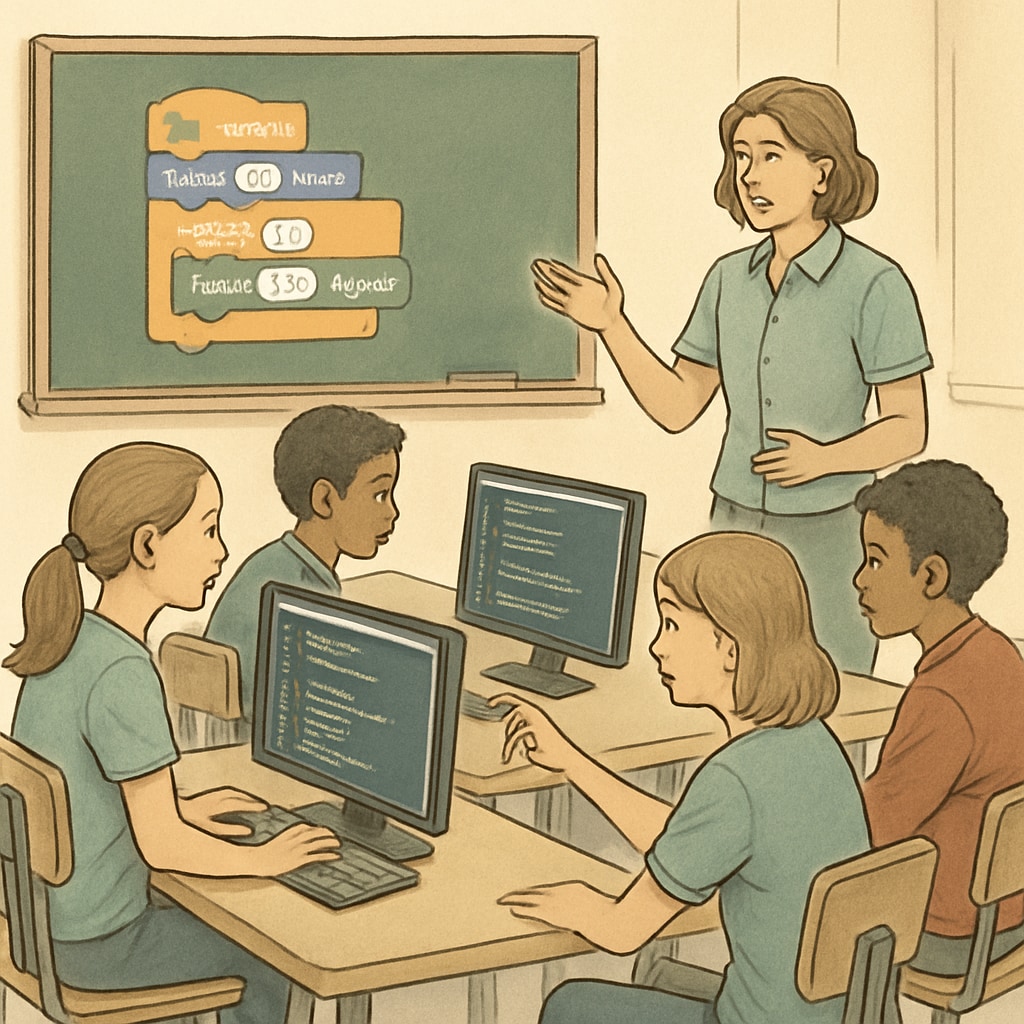The growing unemployment rate has sparked debates about the traditional emphasis on academic achievement in K12 education. While grades and standardized test scores have long been the gold standard in schools, the disconnect between these metrics and real-world career readiness is becoming increasingly evident. In this article, we explore the evolving relationship between unemployment rates, education systems, and academic performance, and propose actionable steps to reconstruct K12 education to better align with labor market demands.

Why Academic Achievement Is No Longer Enough
For decades, K12 education has prioritized academic excellence—often measured through grades and standardized tests. However, the high unemployment rate reveals a critical flaw: academic achievement alone does not guarantee employment. Employers today seek skills like communication, teamwork, and adaptability, which are often neglected in traditional curricula.
For example, a report by the World Economic Forum highlights that critical thinking and problem-solving are among the most sought-after skills in the workplace (The Future of Jobs Report). Unfortunately, these competencies rarely take center stage in K12 classrooms, leaving students unprepared for modern job challenges.
As a result, many graduates face difficulties finding meaningful employment despite their impressive academic records. This underscores the urgent need to rethink the value and structure of K12 education.
Bridging the Gap Between Education and Employment
To address the rising unemployment rate, K12 education must shift its focus from grades to developing real-world skills. Here are actionable strategies to bridge the gap:
- Incorporate Career-Oriented Learning: Schools should integrate vocational training and career exploration programs to expose students to diverse job opportunities early on.
- Promote Experiential Learning: Project-based learning and internships can offer hands-on experience, fostering skills like teamwork and adaptability.
- Update Curricula: Modernize subjects to include courses on financial literacy, digital skills, and entrepreneurship to prepare students for future industries.
In addition, collaboration between schools and businesses can help align educational goals with market needs. For example, partnerships with tech companies could introduce coding classes or cybersecurity workshops, addressing growing demand in these fields.

Reimagining Success Beyond Academic Scores
It is time to redefine what “success” means in K12 education. While academic achievements remain important, they should not overshadow the development of life skills and career readiness. Success should encompass a holistic view of a student’s abilities, including their emotional intelligence, creativity, and adaptability.
A study conducted by Britannica demonstrates that students exposed to diverse learning experiences—such as arts, sports, and community service—are better equipped to navigate challenges in their personal and professional lives. These experiences cultivate a well-rounded skill set that resonates with employers and enhances employability.
Therefore, schools must adopt a more balanced approach that values academic performance alongside practical competencies. This shift will not only prepare students for the workforce but also empower them to lead fulfilling lives in an increasingly dynamic world.
Conclusion: A Call to Action
The rising unemployment rate serves as a wake-up call for educators, policymakers, and parents. Academic achievement, while important, is no longer sufficient to guarantee career success in today’s complex job market. By rethinking the priorities of K12 education, we can equip students with the skills they need to thrive in their professional lives.
To achieve this, stakeholders must collaborate to redesign curricula, incorporate career-oriented programs, and redefine success beyond grades. Only then will K12 education fulfill its true purpose: empowering students to unlock their potential and succeed in a rapidly changing world.
Readability guidance: This article uses short paragraphs, clear headings, and lists to enhance readability. It incorporates transition words like “however” and “in addition” to ensure smooth flow and maintains a balanced ratio of active to passive voice.


